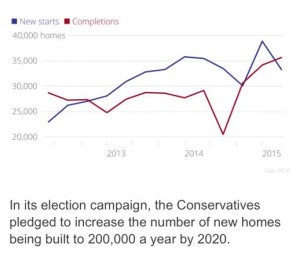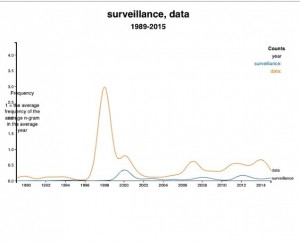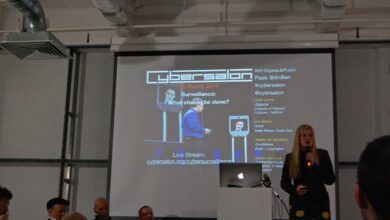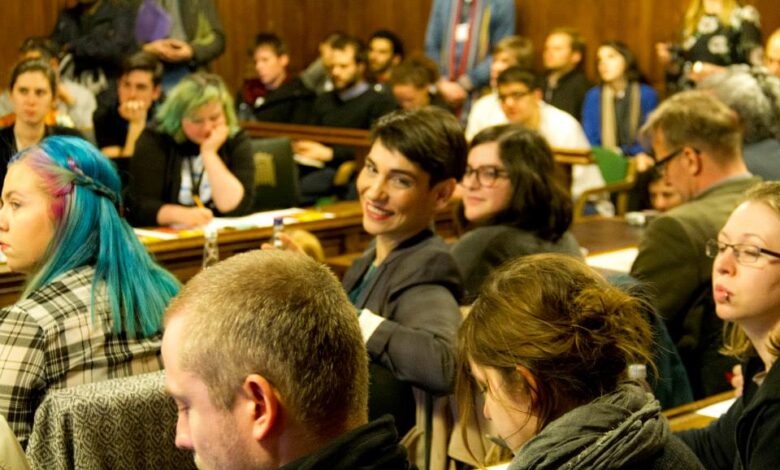
Digital Democracy – is it time to Quantify Politics ?
Fitbit for the Parliament?
General Elections in UK in 2015 suffered from a relatively low turnout, attracting only 66% of eligible voters, with only about 43% of young voters taking part . This number is down from 2010 despite the televised debates that claimed to be a popularising facto . As reported by Ipsos Mori, turnout was particularly low in the elections amongst working classes voters, students, younger people, renters and BMEs.
Many of those ‘missing voters” report that they find the language of legislation baffling, topics mysterious and the language of their own MPs often classified as “alien” and “distanced”.
To address some of the issues of voter disengagement and explore answers in digital democracy, Tracy Green (@greenTrac) invited UK digital activists to House of Commons to a meeting with Natalie Bennet (Green Party leader), Matt Warman MP (of BT bashing fame ) Jennie Jones (Green Party) Ed Saperia (Newspeak House) on many others to push the boundaries of digital democracy.
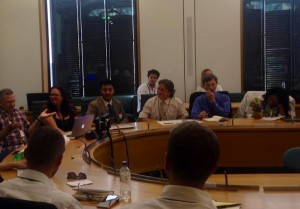
Can technology fix the low turnout and the quality of debate amongst those who show up?
New digital tools and hybrid approaches are emerging, seeking a way to bridge the gap between Westminster politicians and the real world beyond SW1.
According to Nyasha Duri (@NyashaDuri) who runs MyPoliticks.UK platform for young people interested in politics, our politicians definitely need “humanising” and easing into taking a more accessible stand. On her platform, Nyasha uses Plotagon animations, clear statistics and relevant facts, translated into a language right for her community. No dumbing down here, just short and sharp selection of what matters.
Politician’s language skills are seen as “poor” at presenting complex issues to “normal” voters who are interested in topics but in general, not experts on the debates.
In fact, as noted by @puntofisso during his semantic analysis of Hansard N-grams, politicians should consider shaking off the Westminster-speak, considered alien beyond SW1, and find a vocabulary that resonates with their voters.

New tools are emerging that may help in de-codifyng the law, showing us what the Statue Book is made of. For example, a cursory glance at Hansard frequency of words shows that the word ‘digital’ has appeared around 1994, and spiked up around the launch of Open Up – Digital Democracy Report by John Bercow in March 2015, but it still low , considering the need to transform our politics for the digital future.
Another word, “terrorism”, despite being in the news every day, appears significantly less in Hansard today, comparing to the peak at 2007 after the suicide bombers attacked London. Semantic analysis may become useful to provide a wider perspective on debate topics and show the errors of omission, indicating a mismatch of the interests of the voters, from the interests of the MPs.
For example, Twitter analysis indicates that hashtag HousingCrisis and the word “housing” has been increasing in frequency over the last 18 months on social media, indicating a top cause of growing anxiety amongst the Millenials, who are pushed out of the housing market by the spiralling house prices in UK cities.

However, a word count of UK legislation using N-gram word-set analysis indicates a decreasing frequency of the word ‘housing’ in the debates, well down from 1335 occurences in 1995, to 2010 (618 counts) then to only 114 mentions in 2014/2015. “Social housing” is mentioned even less, dropping from 298 mentions in 2008, to 9 in 2015.
With such a low interest from Westminster, it is hardly surprising the housing starts by Housing Associations have dropped by 23% in 2015 and 12% decrease was noted by private builders- down to an alarmingly low 33,280 new starts for housing as reported by CityAm.
The Conservatives promised 200,000 houses per year to be build by 2020, but in the absence of clear legislation, Berkeley and other large builders continue to stockpile land (all up from 2014 and growing), removing the chances of individual purchasers who can’t compete with the large corporates.
In comparison to lack of housing debates in House of Commons, a word-count analysis of Jeremy Corbyn’s speeches indicates that ‘housing crisis ‘ together with ‘student fees’ are used highly frequently, with ‘social housing’ following closely in the secondary set. Like Quantified Self for the body data the ability to monitor MPs for their debates’ using data like word-count would help them to stay more aware and to be closer to problems and challenges that the voters really care about.
We applied the suggested search tool to look at the occurrence of the word ‘surveillance’ and ‘data’ in the legislative material. The graph shows a massive spike around the word ‘data’ during RIPA debate, but it then disappears to a very low usage ever since, together with almost no mention of “surveillance”. N-gram clearly shows that despite the fact that personal digital data leakage and commercial and State surveillance touches us all every day on every digital device we use, those topics are not debated in the House – in fact they are conspicuous by their low occurrence in the legislative material.
Will “Quantified Self for Politics and Legislation” of legislation in UK make it easier to figure out what is in the Bills and to make the impenetrable more accessible?
(Follow @johnLSheridan for announcements on new analysis and tools for quantifying Legislation.gov.uk )
Semantics of UK Internet rights
Another area that needs to find a new language for the lawmakers is that of Internet rights in the UK. We are all concerned with the loss of personal digital data.
We are posting holiday photos every day, often not understanding fully that every one of these holiday snaps reveal many data points about the sender, from income, gender, geo-location to hobbies, number of children and state of health.
All this is juicy data that Facebook gobbles up only to serve on the plate to the next advertiser who comes along while the law protecting us is either weak or hard to enforce in UK as the perpetrators are predominantly American.
Terms and Conditions online are just as obscure as the language of legislation, so Cybersalon.org has worked on simplification of a Digital Bill of Rights UK making the somewhat technical area clear and accessible to everyone -following Tim Berners-Lee call for a Magna Carta for The Digital Age .
Cybersalon.org has run face-to-face collaborative consultations on a Digital Bill of Rights UK during “Web We Want Festival (see video).
Now we are in the process of extending the consultations online, following our hybrid model of digital+Face-To-Face consultations, using simple and clear language to improve the digital democracy collaborative feedback process.
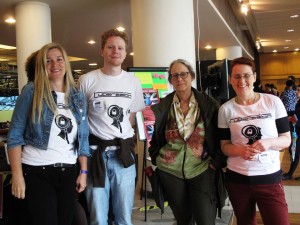
Open Source tools for collaborative Bill writing
We are using an Open Source forum software that allows us to have an online debate and protect the personal data of those who are invited to consult online on the Digital Bill of Rights UK. Open Source user experience is still not entirely user-friendly, so our challenge is to keep the format and words clear for the Digital Bill of Rights UK, while maintaining data as secure and private.
Digital Bill of Rights and DRIPA 2.0
Cybersalon is looking forward to sharing more emerging online tools with the digital democracy activists from Citizen Beta group as we move towards a challenging set of Autumn debates on digital privacy, surveillance and digital Human Rights for the UK ( DRIPA 2.0 ), supporting Tom Watson MP (Labour) and David Davies MP (Conservative) in the push to improve the surveillance oversight, to ensure encryption is protected and to fight that our ISPs are not forced to keep web logs on everything we adults and our children do online.

Finally, a massive Thank You to Tracy Green, Ed Saperia, Citizen Beta and the Digital Democracy team for their support and vision on how to smarten up politics and make them user-friendly for the 21st century collaborations with UK voters.
Resources:
N-grams tool http://ngrams.elasticbeanstalk.com/ – why not have a go checking what words are or ARE not in the legislative debates?
Parliament Debates and Language Analysis http://www.slideshare.net/puntofisso/parliament-debates-and-language – great semantic analysis presentation from the amazing @puntoFisso
Contacts for Citizen Beta
@greenTrac, @forcommoncause, @Digi_tail, @odugUK, @swapMyVote, @nwspk @edSaperia @philGorman, @johnLSheridan, @parlyapp @cybrsalon, @evapascoe

